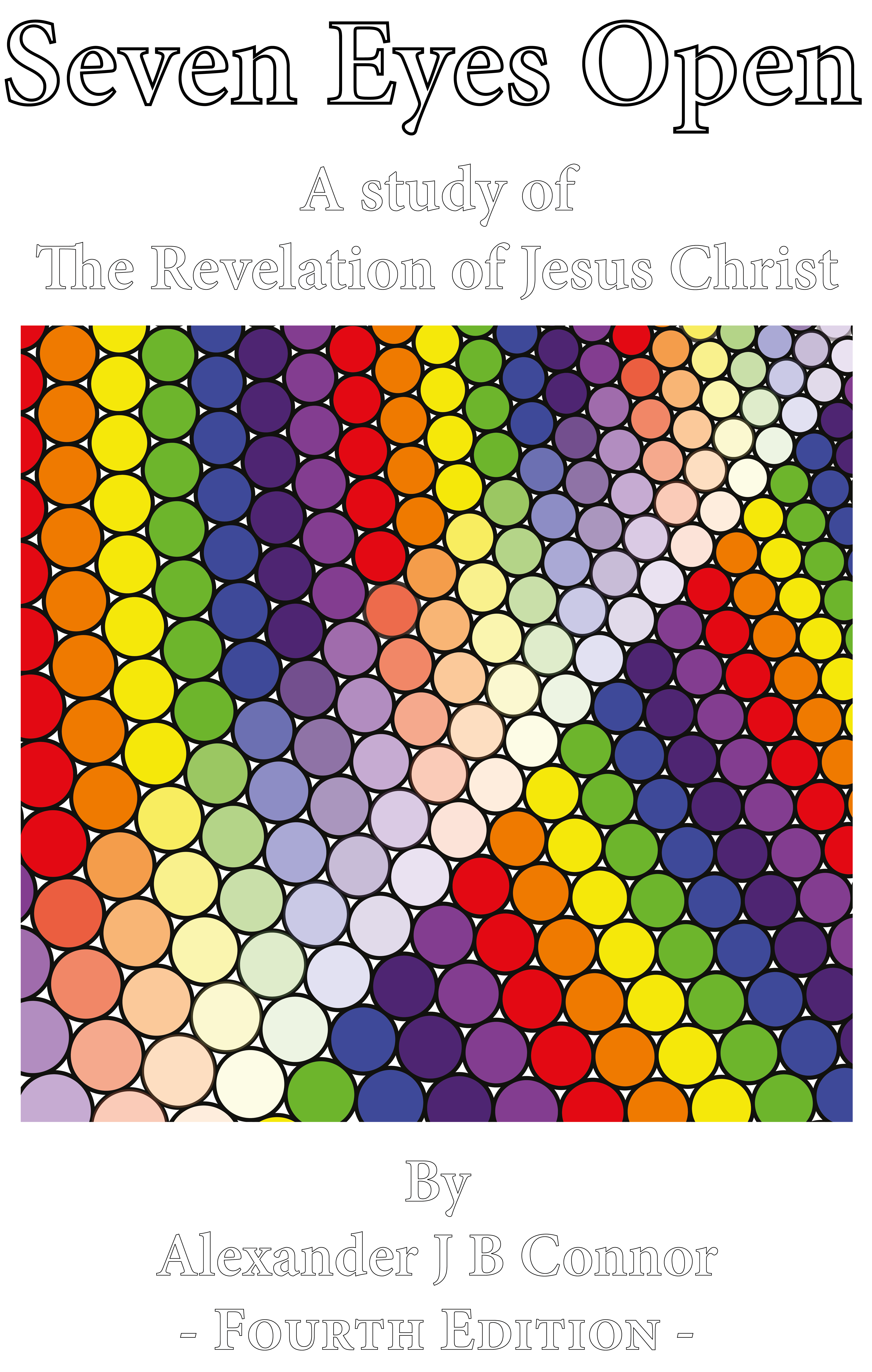Introduction
I now include the ontological arguments against the existence of God: In the same sense these methods have also fallen into favour! The methods of the ontological arguments are contingent upon their subject: That is, applying the proof for the existence of God to show the existence of other abstractions that are clearly nonsense.
I supply each proof with a refutation in defence of the similar argument for God's existence. There is a clear sense in which the method is justified in showing the necessary existence of God: That, the method is actually, a completely consistent proof for God's existence, despite these arguments against it.
Gaunilo's Argument - 'Anselm's Fool'
I begin this section of arguments against the existence of God with the argument from Gaunilo whom predicated an "island" ascribed perfection to show a fallacy of equivocation. The fallacy assumed, (paraphrasing) by Anselm was placed upon "existence" and made between "existence in reality" and simply "conceived to exist".
The Ontological Argument Against The Existence Of God
The ontological argument against the existence of God attempts to show that God may not exist at all if creation is a work that He should attain merit from. A simple inspection should show that if God is necessary (for creation) and necessarily existent then so also is creation if such work is restricted to Him alone. Even "co-necessary" existence of Him and His creation would permit the necessary existence of God; though in the minimal sense with creation restricted to Him (God) alone: all other creation, or "content" would be contingent upon God and therefore by this argument I am supposedly unable to account for God having made creation - it appears His most merit-worthy work can not be perfect, so a perfect being is a fallacy. (God may not work anything perfect.)
The UAA - (Ultimate Atheist's Argument)
The ultimate argument is very devious, but it suffers the same flaws as does Plantinga's proof from possible worlds. Also, if God is considered existent or even possibly existent then there is a fundamental flaw in this method when it is applied to an incorrect subject.
Existence Is Not A Predicate
The argument that existence is not a predicate has the most force of any argument against those of the ontological type. This is not to say that God does not exist, or necessarily that He must not "be". I will still have that God could not conceive of His own non-existence given He exists. However the arguments may be still valid if I can show that there is a translation to "other terms". One could not define God out of existence if He does exist!
Godel's Incompleteness Theorem
Gödel's incompleteness theorems I have only a passing familiarity with, hardly any more than written in this page. - But yet it bears mention because God in perfection is considered to "know everything". Is there an answer to those statements that are not decidable? Are any such statements useful? I would argue that positive properties must have their negative as a privation on perfections, I may not find a positive property that may be perfected whose opposite is also positive.
Modal Collapse
The logical objection to Godel's proof is that it offers nothing new over the previous ontological arguments, and were it to do so it also further suffers from modal collapse. I show that Godel's proof may indeed do so, but does it matter? The modal collapse is in fact necessary! In the book "Seven Eyes Open" I require this modal collapse to show that it need not apply to God, and that God is not every positive property, but is instead omnipotent.
Continue To Next Section
Continue To Next Page
Return To Previous Section |





